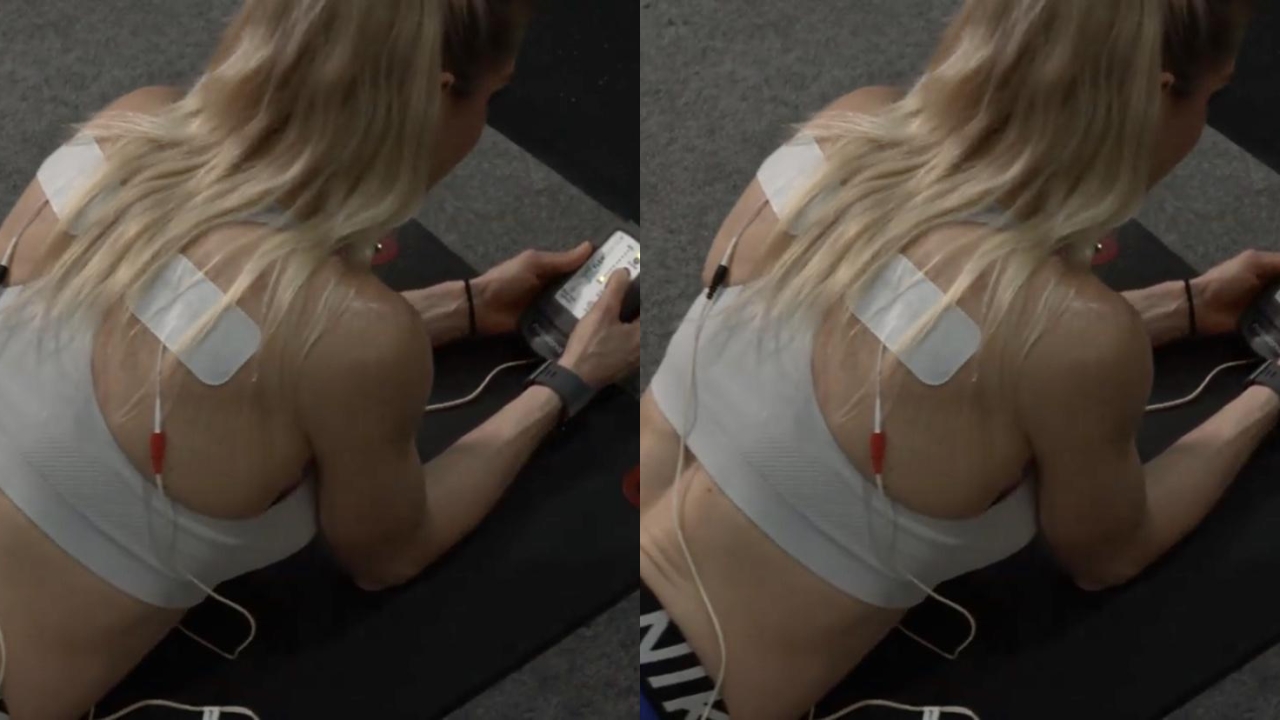
ARPwave Resources
Tech Neck: The 21st Century Ailment

The Rise of Tech Neck
Tech Neck, also known as Text Neck, is a 21st century ailment that has shown a rise in prevalence correlating with the invention and subsequent usage of personal technology. As work and play both transition from more interpersonal, real-life settings to the digital world, new problems begin to arise. A paper published in 2022 reported that globally, 73% of university students and 64.7% of individuals working from home experienced neck or back pain, with 39.2% of them admitting that they felt they were less productive due to the pain (1). It’s been hypothesized that this increase in neck pain, particularly in younger, more generally healthy individuals has been due to “the dramatic growth of mobile phone usage” (2). However, to determine whether or not this was likely the case, several studies were done documenting the prevalence of the “Tech Neck” or Forward Head Posture (FHP). One study, done by the department of Physiotherapy at Adesh University in 2020 concluded that out of the 200 student subjects that had been analyzed for the study, 73% of them exhibited FHP (3). Additionally, when photographed in another study, results showed that while compared to neutral standing, individuals viewing mobile phone screens displayed considerably more FHP overall.
Tech Neck Effects on Health
However, the bending of the neck itself isn’t alone responsible for the increase in neck pain in students, though it certainly contributes. Rather, the time spent in FHP is the primary cause of the stress and strain. Posture is defined as the structural framework of the human body that’s purpose is to resist gravity. Looking down for extended periods of time results in poor posture and incorrect body alignment, causing mechanical strain on the joints and ligaments of the cervical spine. This prolonged stress on the neck can cause additional symptoms such as:
- Decreased Range of Motion
- Neck Pain
- Shoulder Tightness
- Headaches and Migraines
- Jaw Pain
Addressing Tech Neck
Fortunately, postural correction, for the most part, is something that is under the control of the individual and can be corrected with cervical exercises and lifestyle changes. A study done in 2017 outlined different levels of exercise and their respective effects on the FHP. Divided into three groups, the subjects were given instructions to practice modified cervical exercises either once, twice, or three times a day (4). This then continued on for four weeks and at the end of the time period, the subjects were examined once more.
The results of this study showed that despite the short duration, the exercises resulted in a significant improvement in the range of motion, increasing in effectiveness with the frequency. This small change in the subject’s day of adding cervical exercises worked to both relieve the pain and correct their posture over time. Additional lifestyle changes that were shown to prevent and treat Tech Neck include (5):
- Lifting the phone higher to avoid bending of the neck.
- Taking frequent breaks between sessions of technology usage.
- Focusing on standing up straight and correcting overall posture.
Treatment Options
While a simple fix in theory, new habits can be difficult to break, especially when it comes to posture. Luckily, in recent years, there have been breakthroughs in physical therapies using electrical impulses to retrain the body to hold itself properly, such as ARPwave NeuroTherapy. These techniques range in commitment from daily additions to full therapeutic processes for more severe cases.
For additional information on how to take advantage of these techniques and explore additional options about pain relief, please book a call with one of our licensed physical therapists today.
ARPwavehttps://arpwave.com/(952) 431-9708
We can help you with your Neck Pain or Stiffness
Just click on the button to book a call with a trained consultant who can help you













